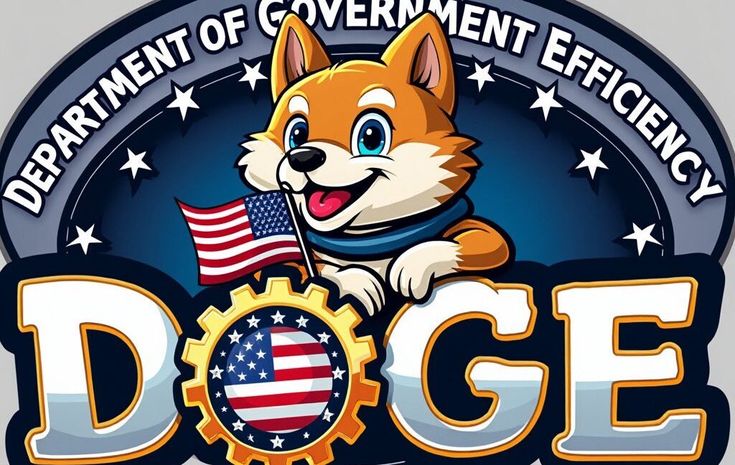
DOGE Unleashes AI to Decimate Federal Regulations
Jul 28, 2025 |
👀 104 views |
💬 0 comments
In a move that could dramatically reshape the landscape of federal governance, the Department of Government Efficiency (DOGE), established under President Donald Trump's administration, has unveiled an audacious plan to slash half of all federal regulations by the first anniversary of his return to office. Central to this ambitious undertaking is the "DOGE AI Deregulation Decision Tool," an artificial intelligence system designed to analyze and eliminate redundant or outdated federal rules.
This initiative, spearheaded by the Trump administration and initially led by Elon Musk within DOGE (who departed in May), aims to eliminate approximately 100,000 of the roughly 200,000 existing federal regulations by January 20, 2026 – a date internally dubbed "Relaunch America." Proponents argue this aggressive deregulation will save the U.S. economy trillions of dollars annually by reducing compliance burdens and unlocking significant external investment.
How the AI Tool Works
The "DOGE AI Deregulation Decision Tool," developed by engineers brought into government through the DOGE initiative, is programmed to scan the vast repository of federal rules and identify those deemed no longer required by law. According to internal documents, the tool aims to achieve this largely through automation, with minimal human input.
Early pilot programs have already seen the AI in action. At the Department of Housing and Urban Development (HUD), the tool reportedly reviewed over 1,000 regulatory sections in under two weeks, recommending edits or deletions. Similarly, at the Consumer Financial Protection Bureau (CFPB), the AI was apparently responsible for drafting "100% of deregulations."
Promises and Peril: The Debate Rages
White House spokesman Harrison Fields has stated that "all options are being explored" to achieve the President's deregulation goals, praising the "best and brightest" DOGE experts for embarking on this "never-before-attempted transformation." The administration believes the tool could save 93% of the labor typically required for such a massive regulatory overhaul, reducing what would usually take millions of work hours to mere dozens.
However, the initiative has not been without its critics and challenges. Concerns have been raised regarding:
Accuracy: Some federal employees at HUD reported that the AI misinterpreted statutes, flagging legally sound regulations as non-compliant. This raises questions about the AI's ability to accurately interpret complex legal language.
Legality and Due Process: Legal experts are questioning whether such rapid deregulation efforts, driven by an AI tool, can fully comply with the Administrative Procedure Act (APA), which governs the legal process for rescinding rules and requires public comment and justification.
Oversight and Accountability: The reliance on AI for such sweeping decisions also sparks debate about the future role of civil servants in shaping public policy and ensuring proper oversight of critical government functions.
Past Missteps: In June, the DOGE AI system reportedly mistakenly flagged the Department of Veterans Affairs' internet contract for cancellation due to vague instructions and a lack of understanding of VA operations.
Despite these concerns, the Trump administration plans to expand the tool's deployment across all federal agencies in the coming months. Agencies are currently receiving training on how to integrate the AI tool into their regulatory review processes, with agency-specific deregulation lists expected by September 1, leading up to the nationwide rollout by January 20, 2026.
Whether the courts, the public, and the agencies themselves will fully accept this AI-driven transformation of federal regulation remains to be seen. But one thing is clear: the DOGE AI Deregulation Decision Tool marks a significant and controversial new chapter in the ongoing debate over government efficiency and the role of artificial intelligence in public administration
🧠 Related Posts
💬 Leave a Comment
